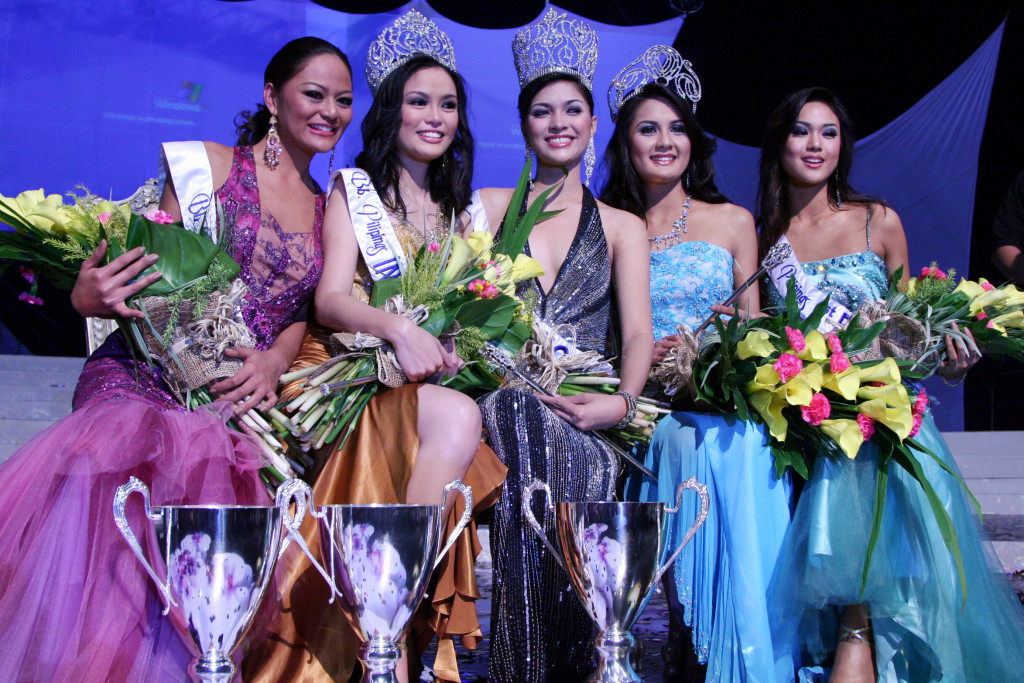The Philippines’ Unhealthy Obsession with Beauty
Last December, Miss Universe 2015 Pia Wurtzbach’s response to a question about American military presence in the Philippines incited controversy as some construed her comments as favoring the re-establishment of military bases in the country. A resurgent focus upon the American military presence issue by domestic policy advisors, senators and chief justices followed soon thereafter. Politicization of beauty pageants in the Philippines, however, is not a recent phenomenon. In the 1950s, Imelda Marcos became the first beauty pageant runner-up turned First Lady to confront policy advisors, court justices and senators. Indeed, the fact that even prominent beauty queens in the Philippines have a voice in the country’s political sphere show that beauty can be power. In the Philippines, beauty pageants have become an obsession. Beginning in 1969 with the country’s first Miss Universe, Gloria Diaz, the Filipino fascination with beauty pageants has remained consistent through the years. This fascination has manifested in the rise of the cosmestics industry. According to market research firm Euromonitor International, the domestic skin care industry saw a 4 percent increase in value in 2014.

There are 40,000 barangays - the smallest administrative division - in the Philippines and each has its own collection of beauty pageants. Wurtzbach, like Diaz and Janicel Lubina, Miss International and Miss World runner-up of 2013, went through six months of “beauty boot camp”. Girls spend hours “duck-walking,”, learning how to stand and smile, how to look sweet and how to handle tripping on stage. They are trained by “beauty queen makers,” nine hours every day, in addition to time spent in the gym getting into shape.
In an age of political correctness, it is surprising that these boot camps still exist. Yet, feminist writer Jessica Zafra states, “it is [a] part of [their] history,” that is hardwired into Filipinos. According to 1985 Miss Philippines Joyce Burton-Titular, another possible reason for the obsession with beauty pageants could be the associated opportunity to escape poverty. A majority of the girls that participate in these beauty boot camps come from impoverished backgrounds, including Lubina, locally know as “Filipina Cinderella,”. Lubina had been working as a maid before she was scouted at the age of 16, moving on to a boot camp at the age of 18 and then winning Miss Philippines International. While few pageant hopefuls make it in the end, those who do become idolized and influential women in the country, acting as a means for advocacy and source of national pride while embarking on lucrative endorsement careers.
The massive scale of the Philippines’ beauty business is not an isolated phenomenon. In Brazil, for instance, the “Young Miss” pageants, wherein preteens compete for the title, are viewed as means for girls to survive and break out of a hostile environment in which they face racism, poverty and violence.
